Digital marketing, online marketing, internet advertising…whatever you call it, marketing your company online is a big deal these days. After all, internet usage has more than doubled over the past decade and this shift has massively affected how people purchase products and interact with businesses.
So, what is digital marketing? Digital marketing is like any other type of marketing—it’s a way to connect with and influence your potential customers. The real difference is, you connect with and influence those customers online.
What is Digital Marketing?
Basically, digital marketing refers to any online marketing efforts or assets. Email marketing, pay-per-click advertising, social media marketing and even blogging are all great examples of digital marketing—they help introduce people to your company and convince them to buy.
Here are some of the most common digital marketing assets and strategies businesses use to reach people online:
Digital Marketing Assets
Almost anything can be a digital marketing asset. It simply needs to be a marketing tool you use online. That being said, many people don’t realize how many digital marketing assets they have at their disposal. Here are just a few examples:
- Your website
- Branded assets (logos, icons, acronyms, etc)
- Video content (video ads, product demos, etc)
- Images (infographics, product shots, company photos, etc)
- Written content (blog posts, eBooks, product descriptions, testimonials, etc)
- Online products or tools (SaaS, calculators, interactive content, etc)
- Reviews
- Social media pages
As you can probably imagine, this list just scratches the surface. Most digital marketing assets will fall into one of these categories, but clever marketers are constantly coming up with new ways to reach customers online, so the list keeps growing!
Digital Marketing Strategies
The list of digital marketing strategies is also constantly evolving, but here are some of the strategies most businesses are using:
Pay-Per-Click Advertising
Pay-per-click (PPC) advertising is actually a broad term that covers any type of digital marketing where you pay for every user who clicks on an ad. For example, Google AdWords is a form of PPC advertising called “paid search advertising” (which we’ll go over in a second). Facebook Ads are another form of PPC advertising called “paid social media advertising” (again, we’ll get into that shortly).
Paid Search Advertising
Google, Bing and Yahoo all allow you to run text ads on their Search Engine Results Pages (SERPs). Paid search advertising is one of the best ways to target potential customers who are actively searching for a product or service like yours.
Search Engine Optimization (SEO)
If you don’t want to pay to show up in the SERPs, you can also use search engine optimization (SEO) to try and rank pages or blog posts on your site organically. You don’t have to pay directly for every click, but getting a page to rank usually takes quite a bit of time and effort.
Paid Social Media Advertising
Most social media platforms like Facebook, Instagram, Twitter, LinkedIn, Pinterest and Snapchat will allow you to run ads on their site. Paid social media advertising is great for building awareness with audiences that might not be aware that your business, product or service exists.
Social Media Marketing
Like SEO, social media marketing is the free, organic way to use social media platforms like Facebook or Twitter to market your business. And, just like SEO, organically marketing your business on social media takes a lot more time and effort, but in the long run, it can deliver much cheaper results.
Conversion Rate Optimization (CRO)
Conversion rate optimization (CRO) is the art and science of improving your online user experience. Most of the time, businesses use CRO to get more conversions (leads, chats, calls, sales, etc) out of their existing website traffic.
Content Marketing
Content marketing is another fairly broad digital marketing term. Content marketing covers any digital marketing effort that uses content assets (blog posts, infographics, eBooks, videos, etc) to build brand awareness or drive clicks, leads or sales.
Native Advertising
Ever get to the bottom of an article and see a list of suggested articles? That’s native advertising. Most native advertising falls under content marketing because it uses content to attract clicks (“you’ll never believe what happens next!”). Often, native advertising can be a bit hard to spot, since it is usually mixed in with non-paid content recommendations…but that’s kind of the point.
Email Marketing
Email marketing is the oldest form of online marketing and it’s still going strong. Most digital marketers use email marketing to advertise special deals, highlight content (often as part of content marketing) or promote an event.
Affiliate Marketing
Affiliate marketing is essentially paying someone else (a person or a business) to promote your products and services on their website.
As you can see from the list above, there are a lot of different ways to market your business online, which is why many businesses either hire an agency to manage their digital marketing efforts or pay for an in-house marketing team and marketing automation software to cover their marketing needs.
Does Digital Marketing Work?
Digital marketing is a great option for any business. At Disruptive, we’ve used digital marketing to help all kinds of businesses grow—from mom-and-pop shops to internationally recognized universities and beyond. That’s the beauty of advertising online. If you know who you want to target, you can use digital marketing to target anyone, anywhere.
However, that being said, certain types of businesses will benefit more from certain types of digital advertising. As a quick overview, let’s take a look at which strategies tend to work best for business-to-consumer (B2C) companies and business-to-business (B2B) companies:
B2C Companies
Generally speaking, B2C companies have much lower price points than their B2B counterparts. After all, it can be a little hard to sell a $150,000 drill bit (believe me, they exist) to a harried mom. But a $10 pair of kids pants? That’s a fairly straightforward sell.
The good news is, because B2C companies aren’t trying to sell incredibly expensive products or services, they don’t need big sales teams or complicated marketing funnels. All they have to do is get their products or services in front of the right audience with the right messaging and the rest should take care of itself.
As a result, the primary goal of most B2C companies is to get people into and through their marketing funnel. For example, if you can get that harried mom onto your kids clothing website and offer her an exciting deal, there’s a good chance that she’ll buy today. You don’t need to build a ton of brand awareness or trust before you can close a sale.
With that in mind, B2C companies often see great results from higher-funnel marketing channels like social media marketing or paid social advertising. These channels do a great job of getting your business in front of potential customers who might not otherwise know that you exist.
Now, supplementing with other digital marketing strategies like paid search or SEO is always a good idea, but if you have to pick one channel to start with, paid social advertising or social media marketing are great options for B2C.
B2B Companies
In contrast, paid search is a great option for B2B companies. Most B2B companies have very specific niche audiences that can be hard to target using social media. However, if you sell $150,000 drill bits and someone searches for “diamond-tipped oil drilling bit manufacturer”, you want to be the first result they see. Yes, you might pay more for your click than you would with paid social advertising, but with a $150,000 price tag, it’s money well spent.
In addition, most B2B companies have a much longer and more involved sales cycle than B2C companies. If you’re selling a $150,000 drill bit, most people probably don’t come to your site, give you a call and say “I want one.” As a result, longer-term strategies like content marketing or email marketing are often necessary to close a deal.
Of course, the right blend of digital marketing tactics will vary from industry-to-industry and business-to-business, but simply comparing B2C to B2B should help give you a sense for how different strategies can be better for certain businesses. Not every strategy is right for every business, but with a little trial and error, you should be able to identify the most profitable approach for your company.
How Do I Get Started?
The good news is, getting started with digital marketing is fairly easy. Most online advertising platforms make it easy to sign up and create your first campaign (it is how they make money, after all). Here are a few links to beginner guides for several different digital marketing strategies:
- Paid search advertising
- Search engine optimization (SEO)
- Paid social media advertising
- Social media marketing
- Conversion rate optimization
- Content marketing
- Email marketing
The core of every successful digital marketing campaign, however, isn’t a guide. Regardless of which strategies you choose to use, here are 4 questions you need to answer before you get started with digital marketing:
1. How Much Do You Need to Make?
To figure out what you need to spend on digital marketing, you first need to clarify what your goals are. How you approach digital marketing can vary quite a bit depending on whether your ultimate goal is to drive clicks, conversions or leads, sales, revenue or a certain return-on-investment (ROI).
When you get right down to it, the ultimate goal of any marketing effort should be ROI. After all, if your digital marketing spend isn’t driving profitable revenue for your business, why are you marketing online?
Clicks and even conversions are great, but your company doesn’t make money from clicks (in fact, you actually spend money on clicks) or conversions. It makes money from sales.
With that in mind, the first thing you need to determine before you decide what your digital marketing budget should be is to decide how much revenue you want to drive. Once you know that, you can use that information to determine how much ad spend it will take to reach that revenue goal.
2. Who Are You Marketing To?
Once you know how much money you want to make from digital marketing, you need to identify who you are marketing to. This is critical, because different buyer personas require different marketing tactics. And, even more importantly, different buyer personas turn into different types of buyers.
So guess what? If you don’t understand your buyer personas, you can’t create an effective digital marketing strategy!
If you’ve got a sales team, talking to sales can be one of the fastest ways to get a decent buyer persona together. After all, they’re the ones who talk to your customers the most, right?
However, even talking to your sales team and doing a little research isn’t enough to really get at the level of detail you need to put together an effective digital marketing plan. To do that, you need to get on the phone and call your actual customers.
Ask how they found you, why they converted and what convinced them to pay you. This information will give you a ton of insight into your marketing and sales process that you can use to both improve the performance of your advertising and choose your marketing budget.
Conclusion
Digital marketing is the marketing of the future. In addition to all of the benefits we’ve discussed throughout this article, you can track the results of your digital marketing efforts with incredible accuracy, which means it is easy to see which strategies are producing profitable results and which ones need some work.
Incidentally, if this article has convinced you that you need digital marketing (or need to up your digital marketing game), but you’d like some help identifying the right approach, let us know here or in the comments! We love helping businesses grow with digital marketing.
Let Us Boost Your Business, we are Border Digital Media.








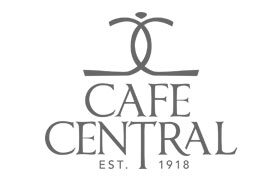
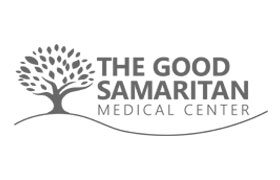

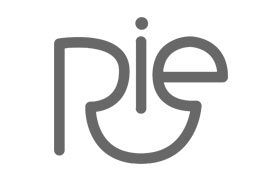

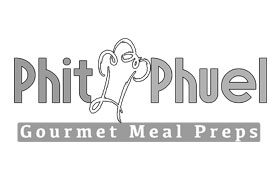
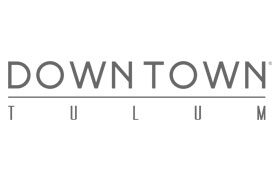

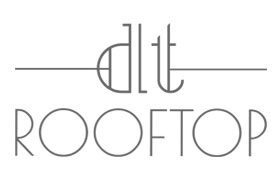

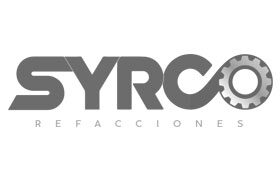

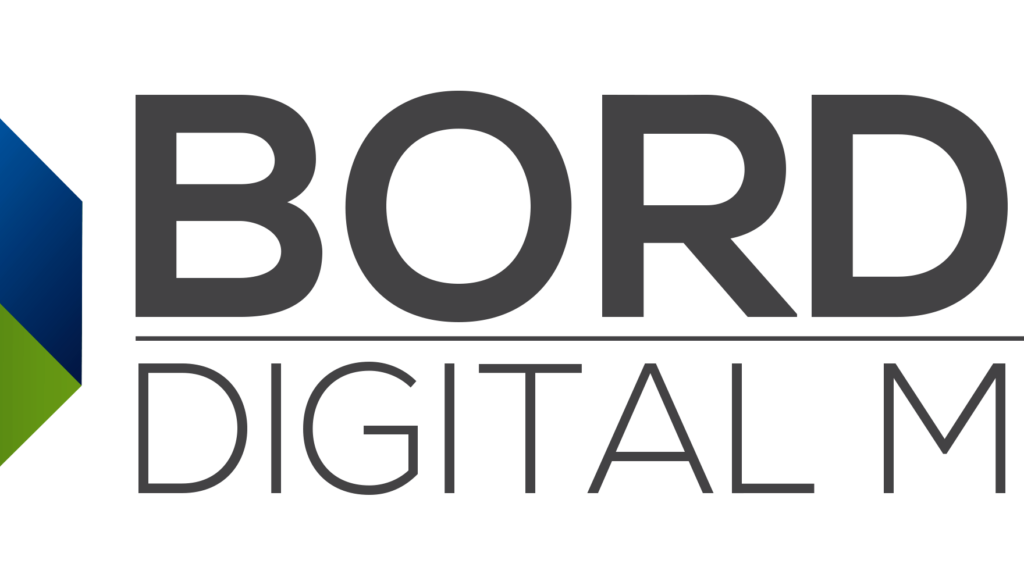


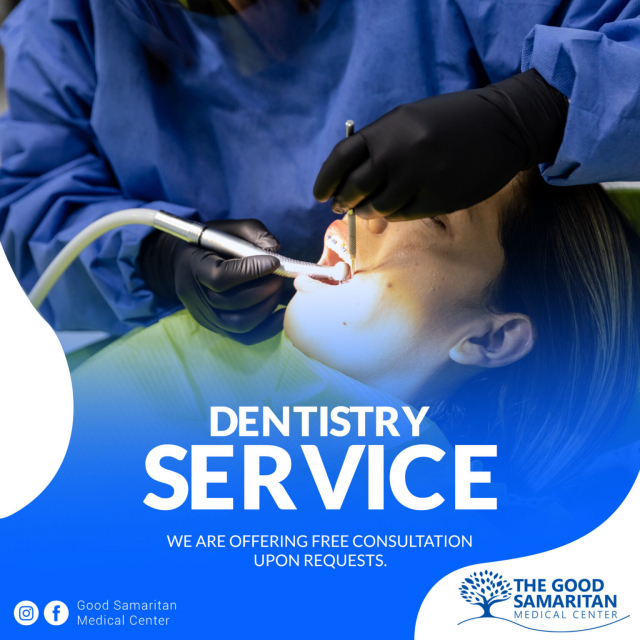
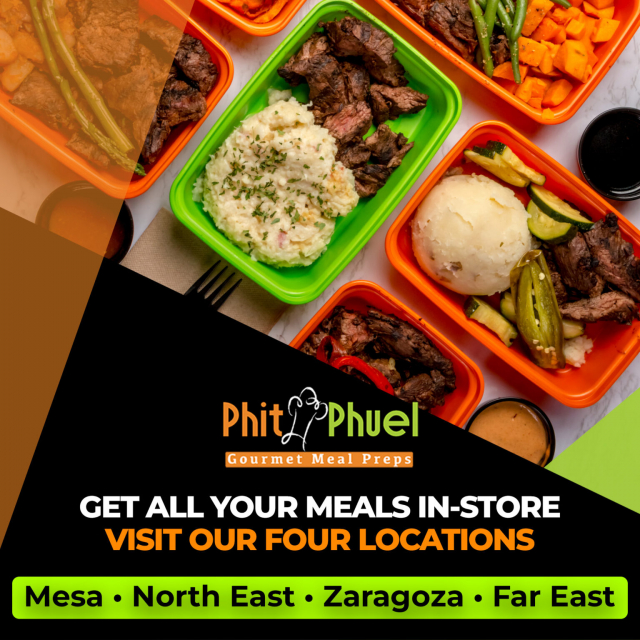




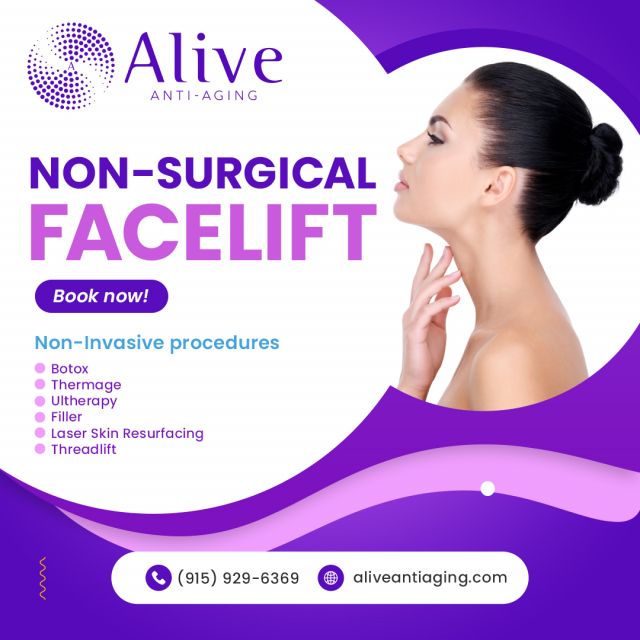

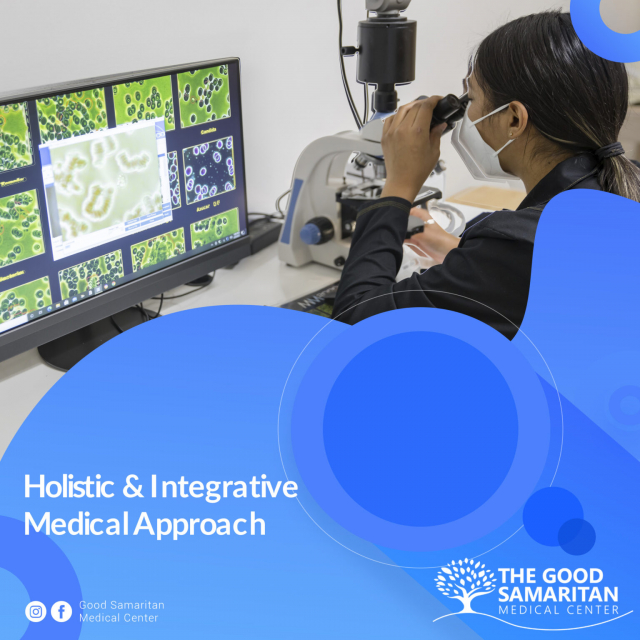
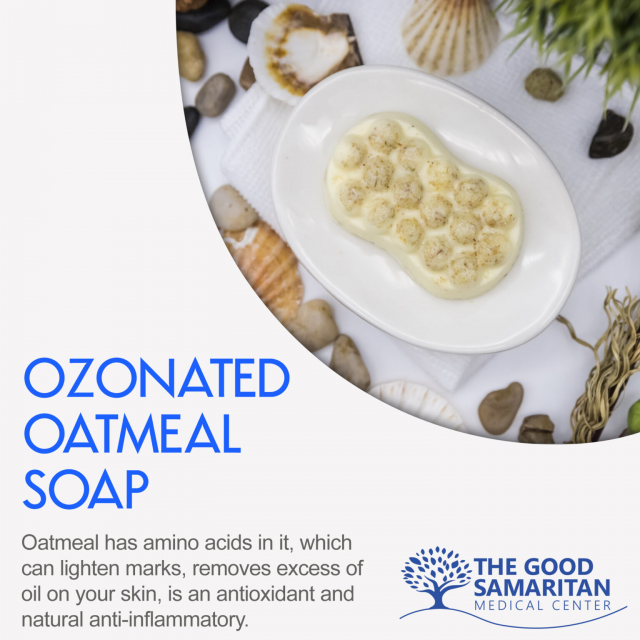

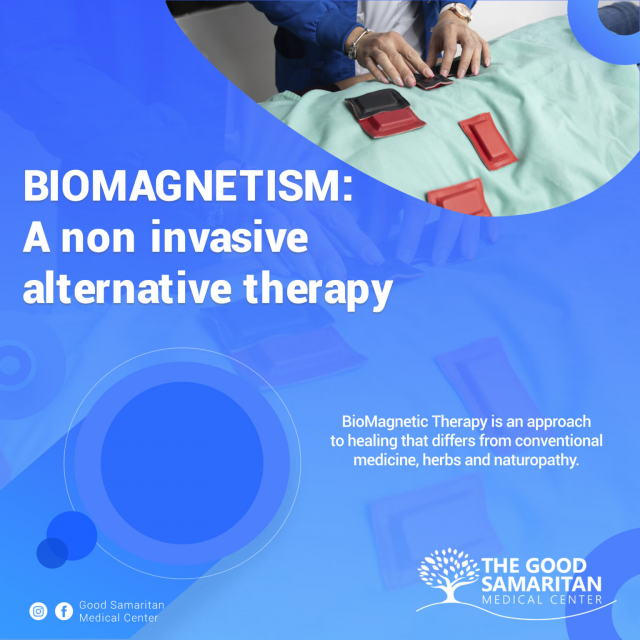



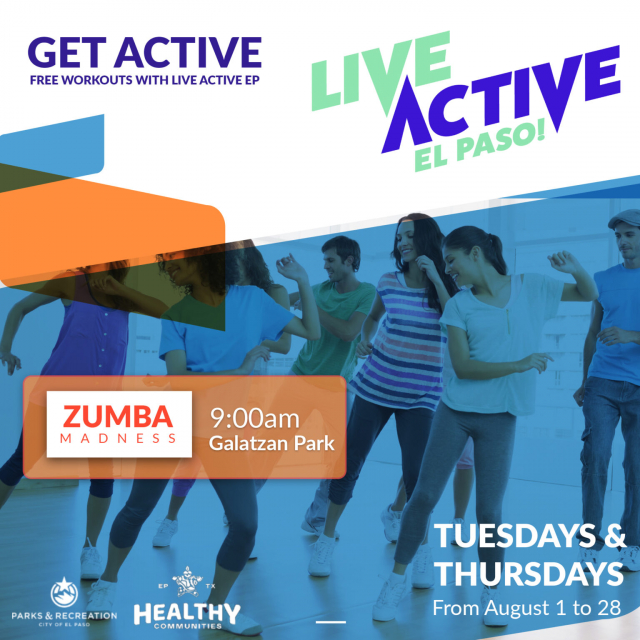
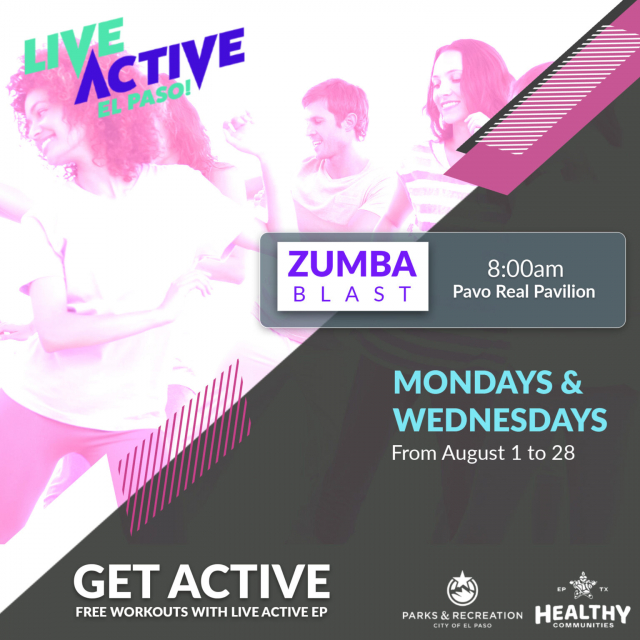




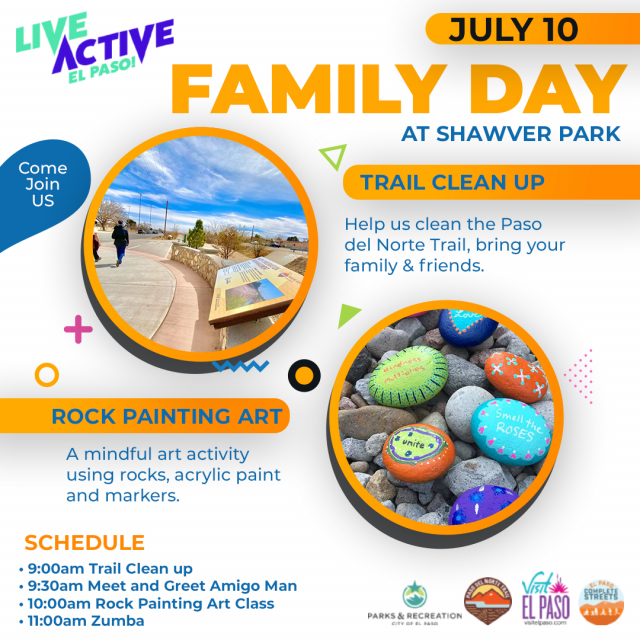





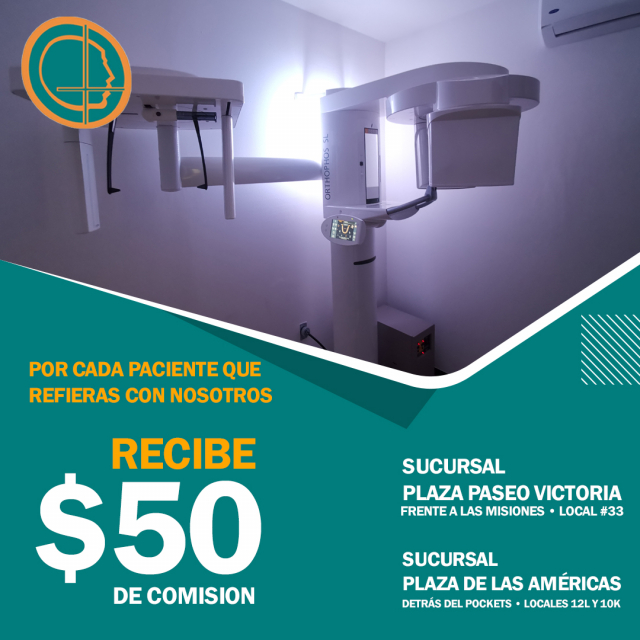
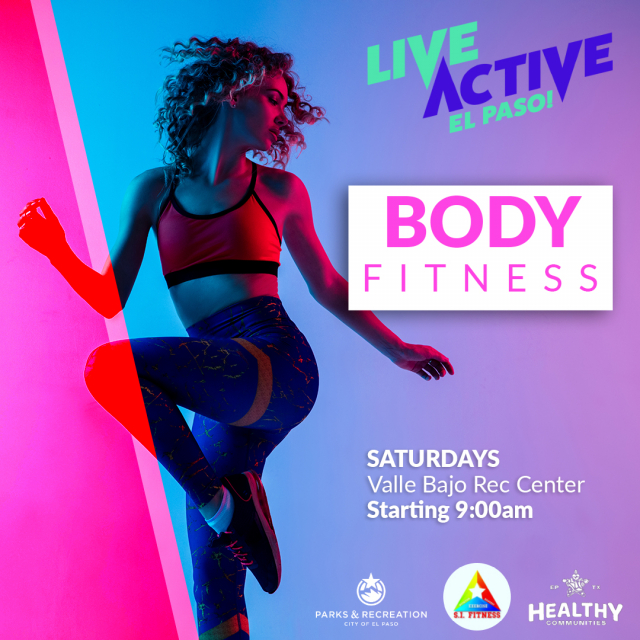
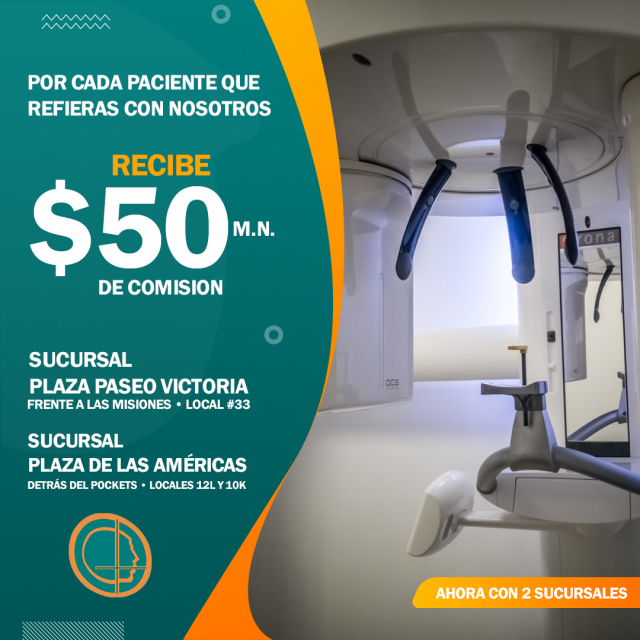
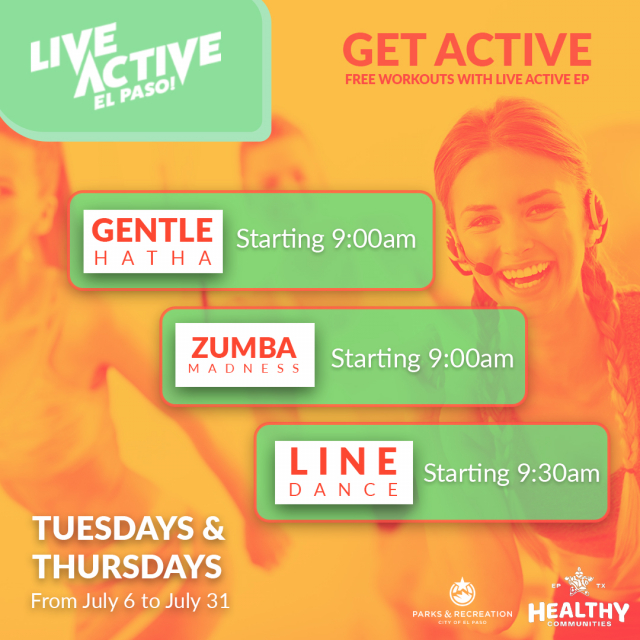

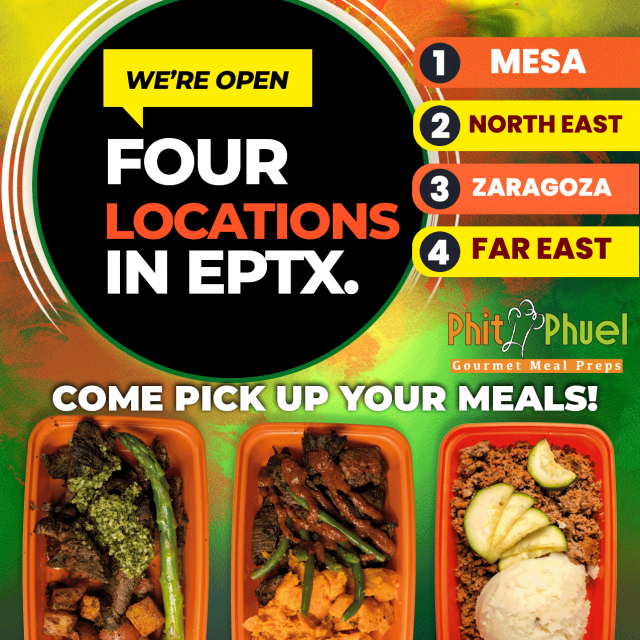

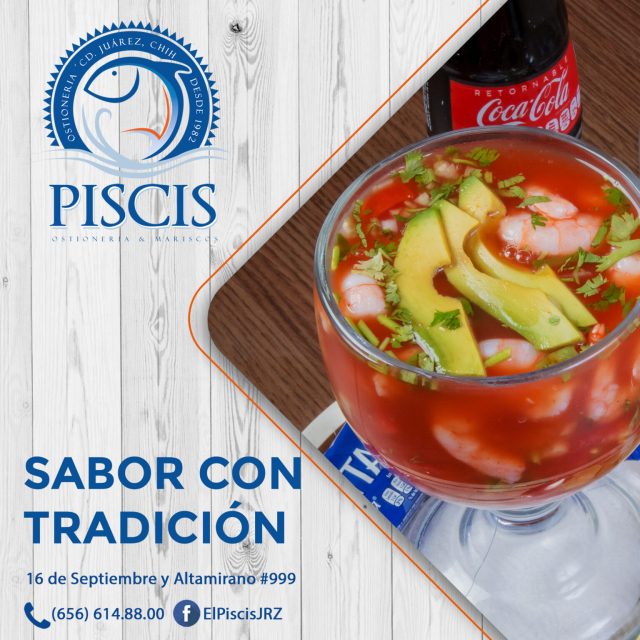


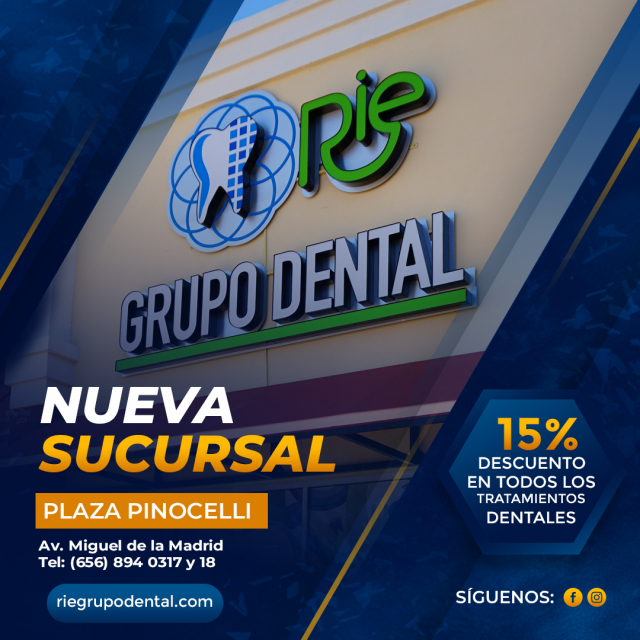
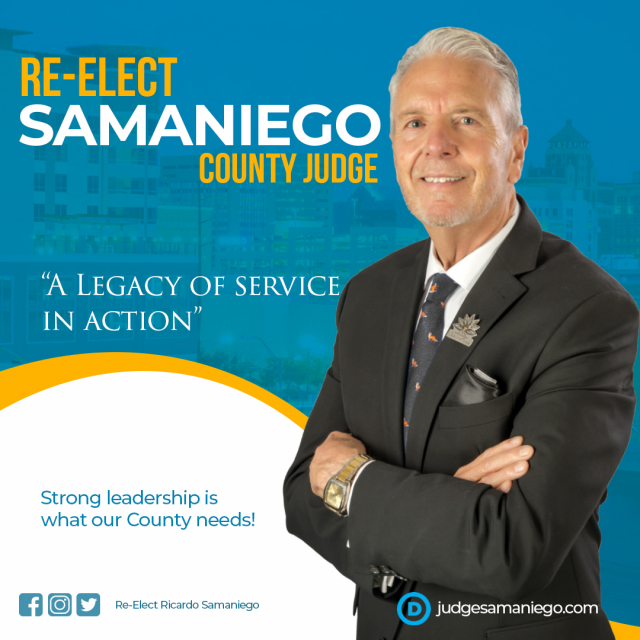
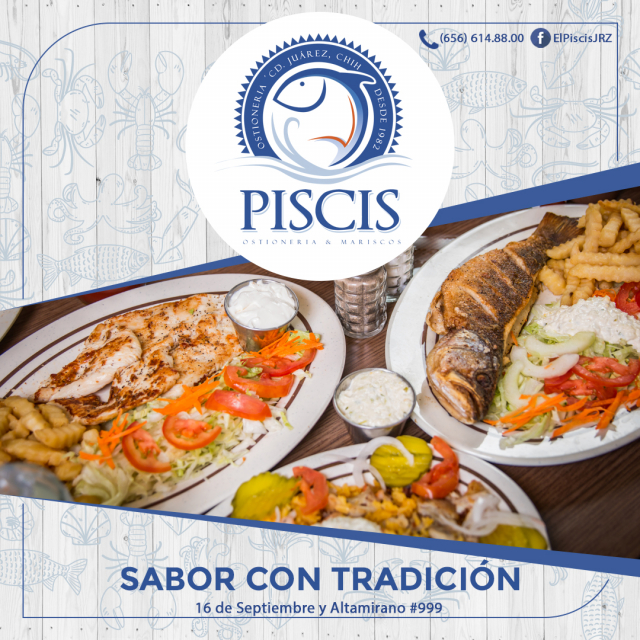


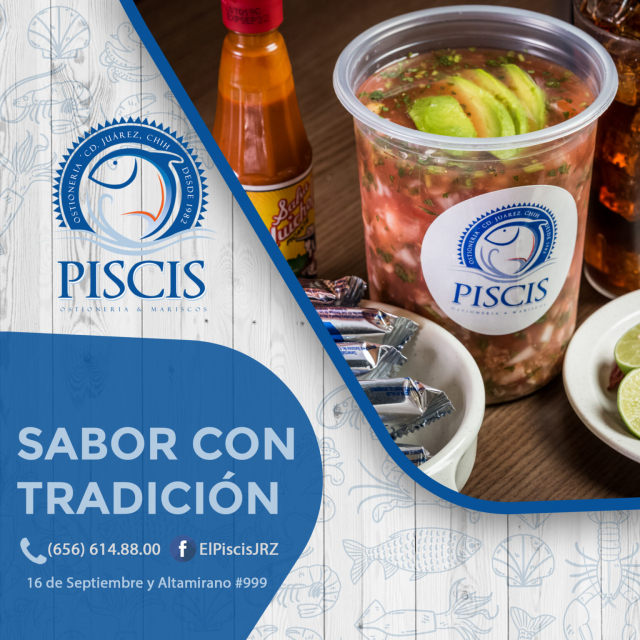
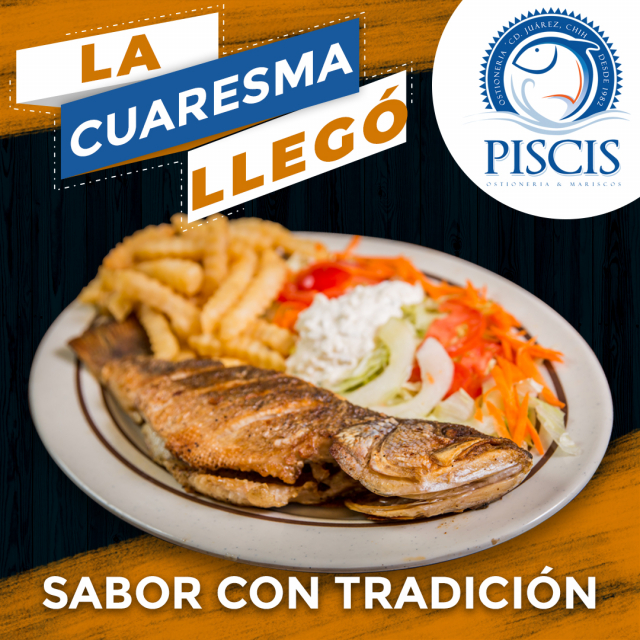
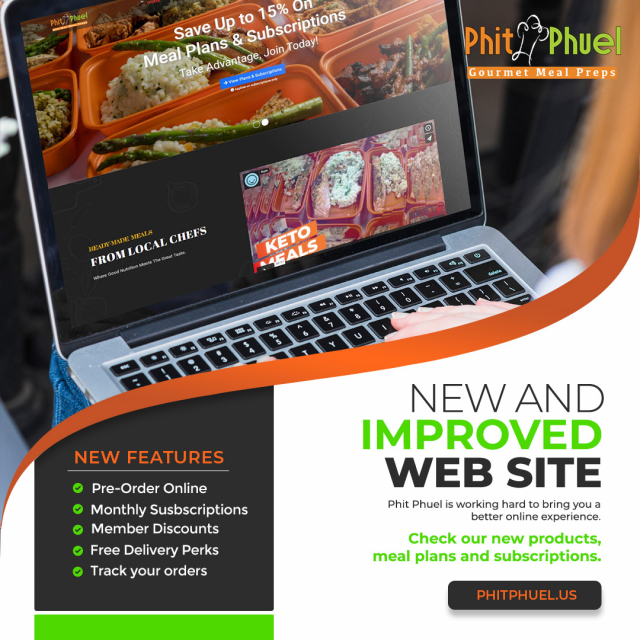





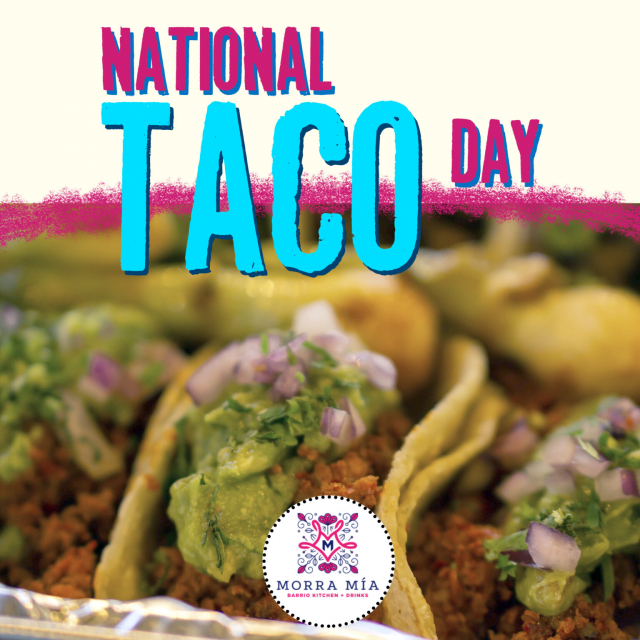

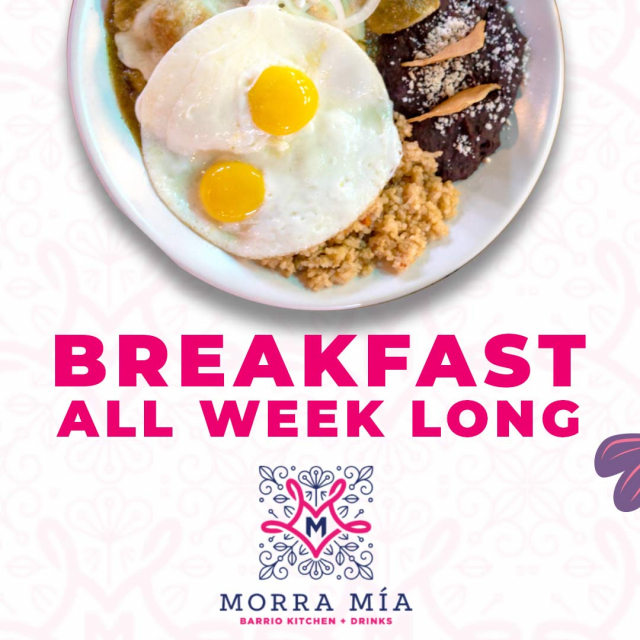



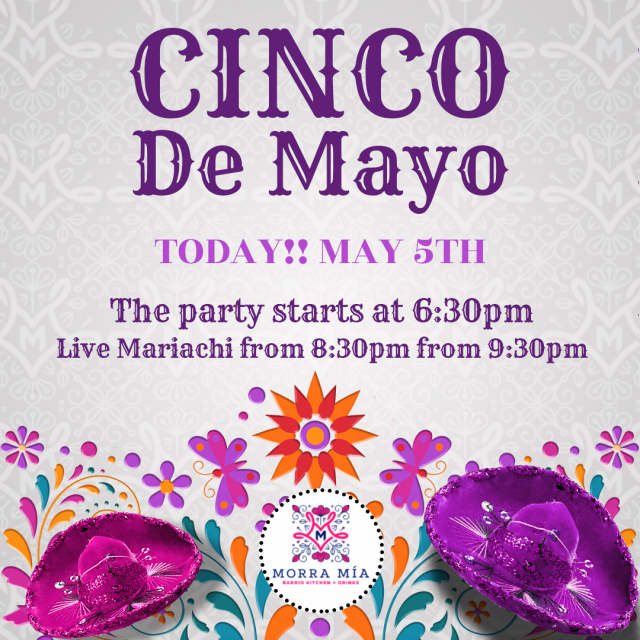
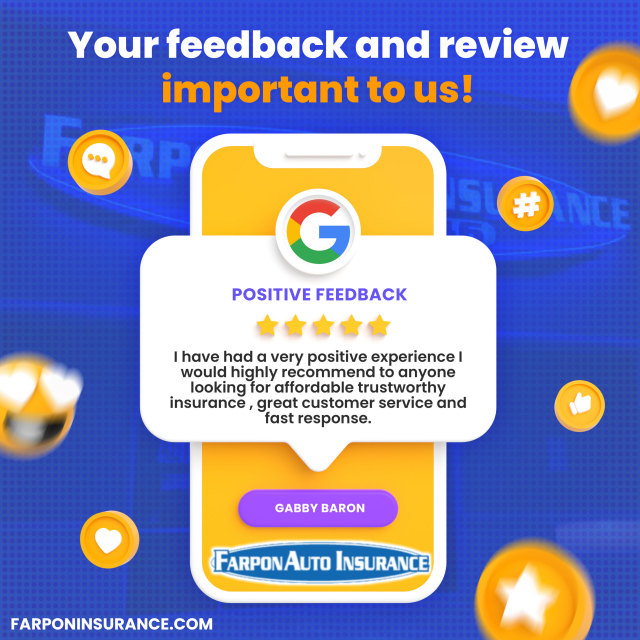

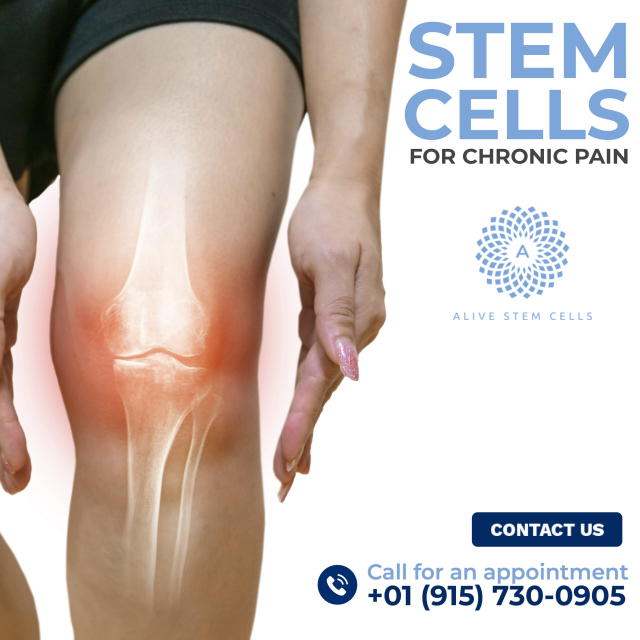
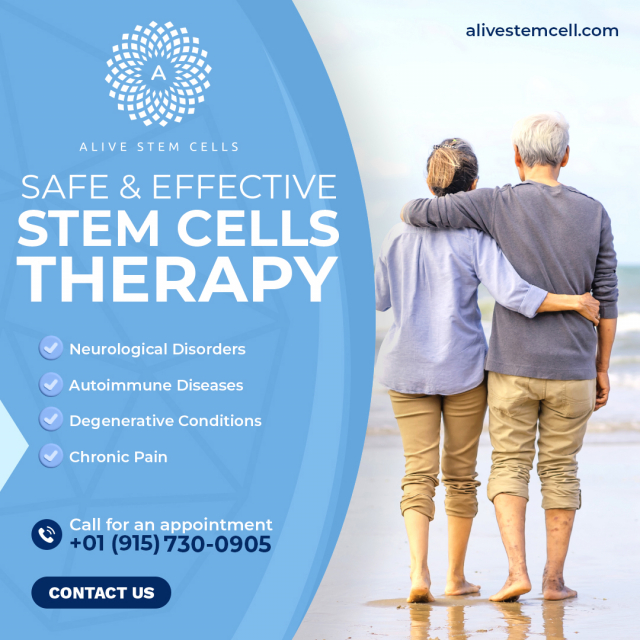
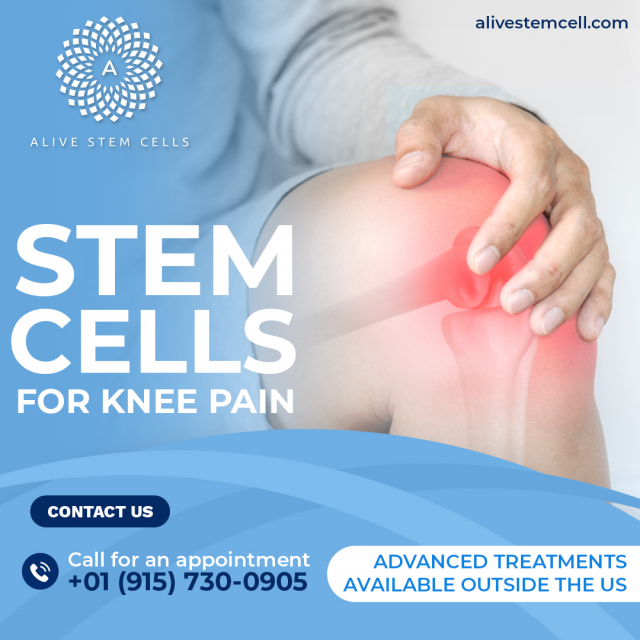
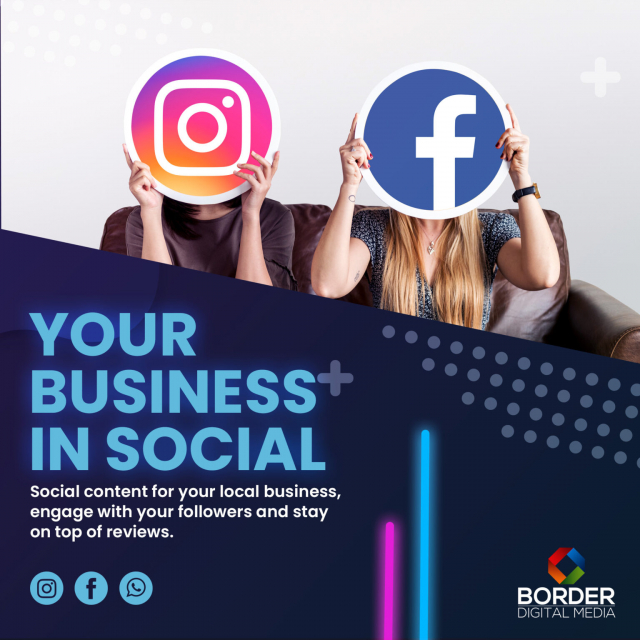
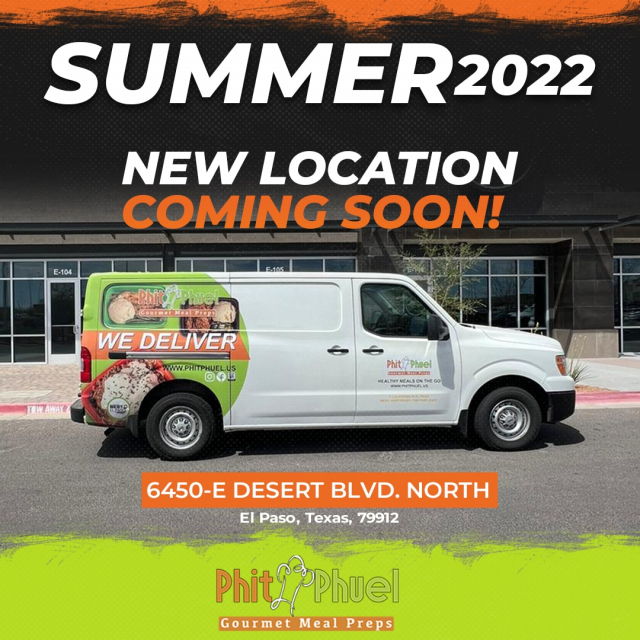

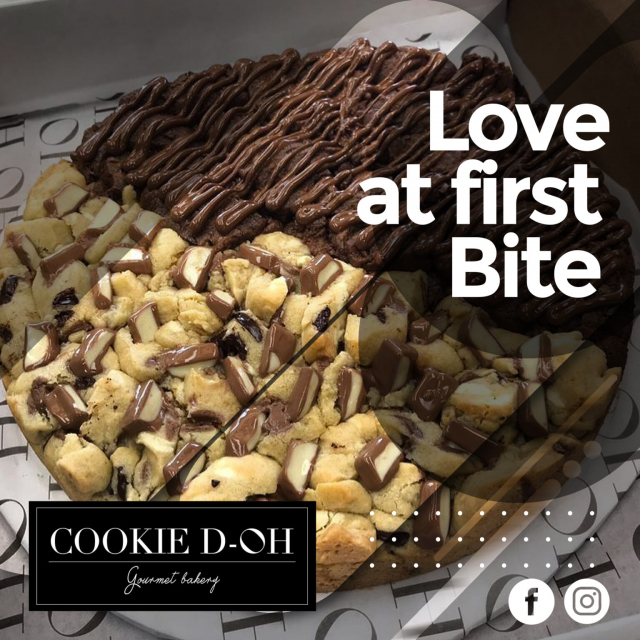





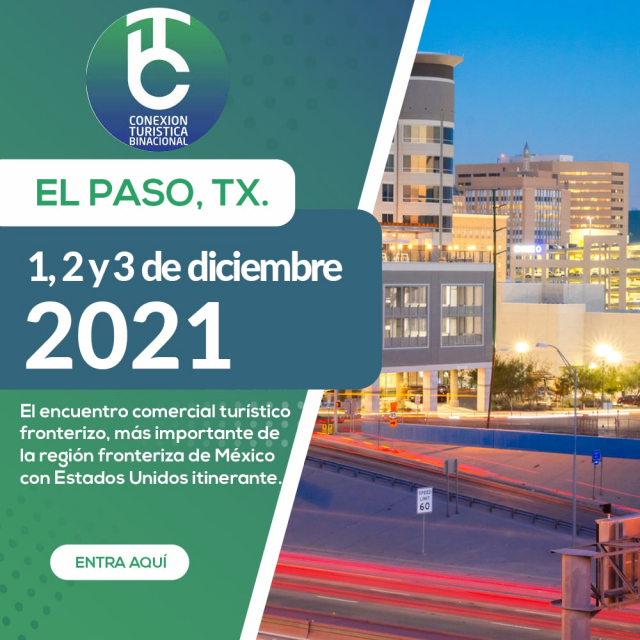
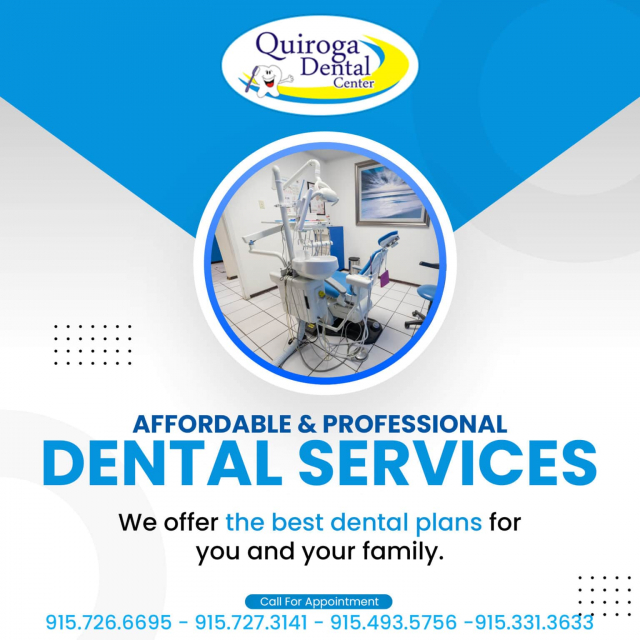

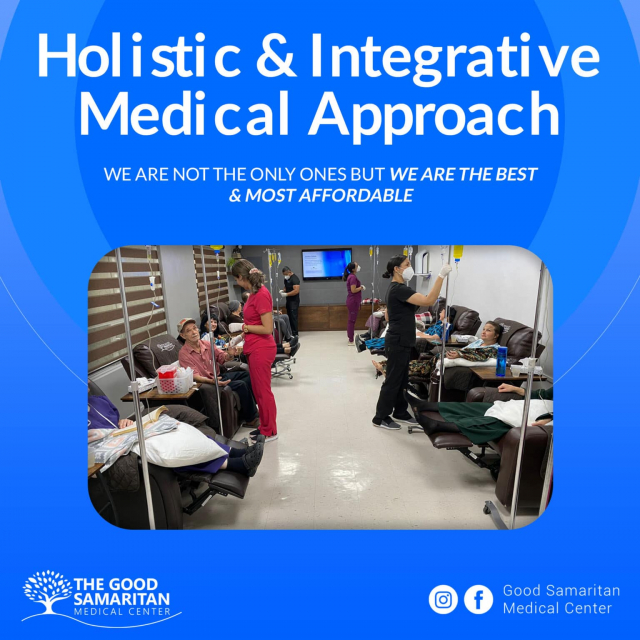



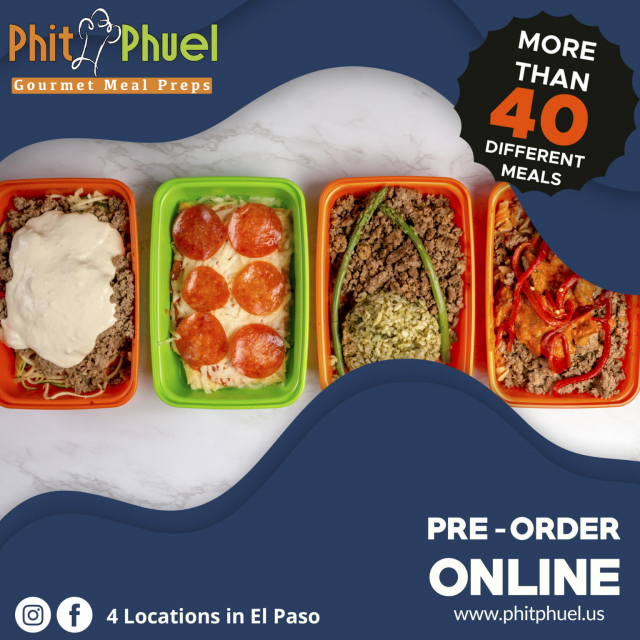
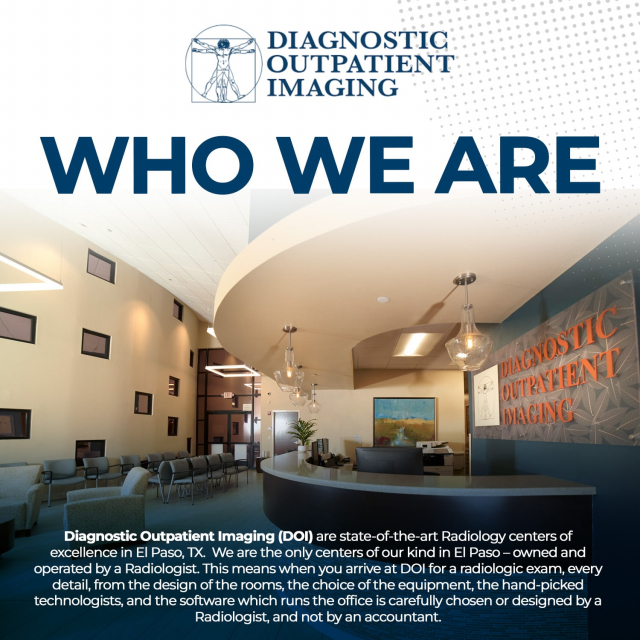


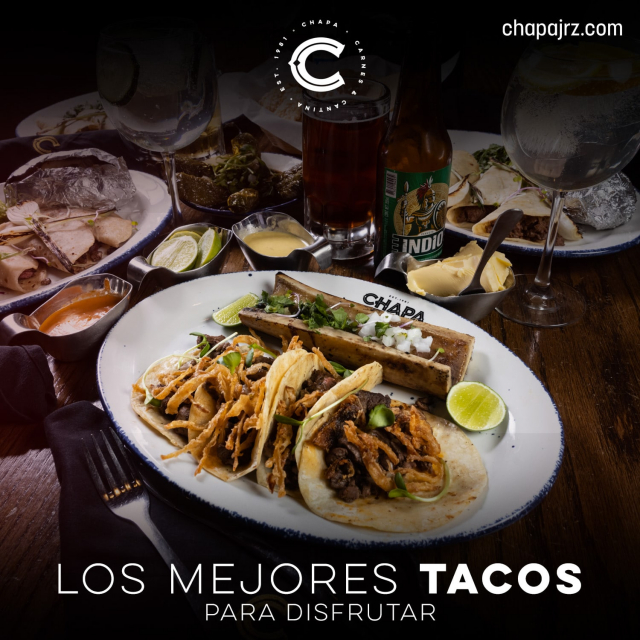
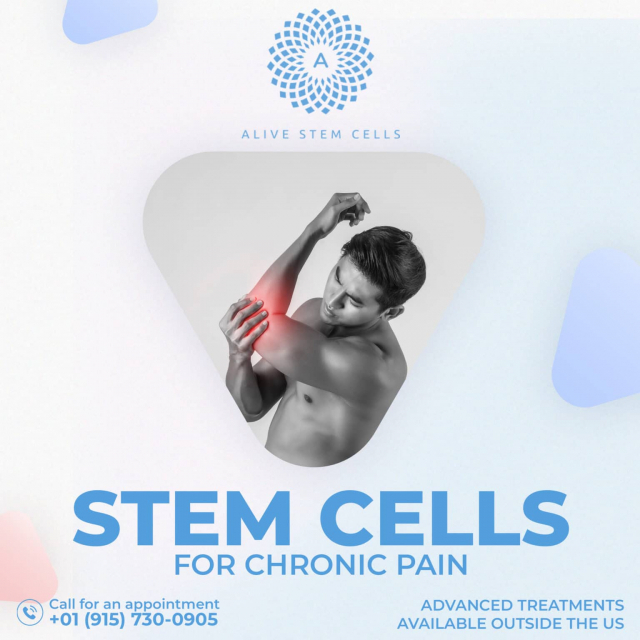


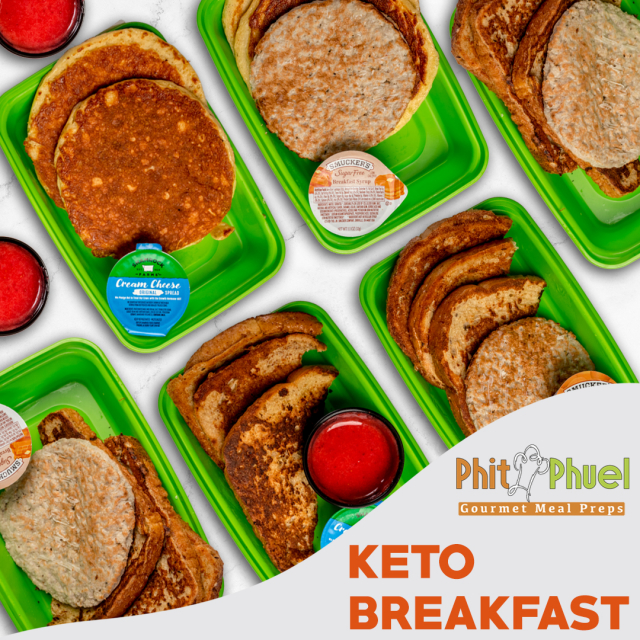

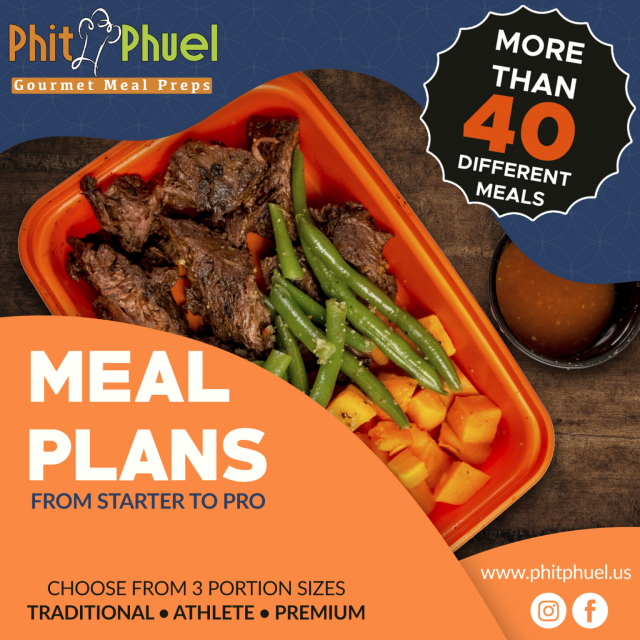

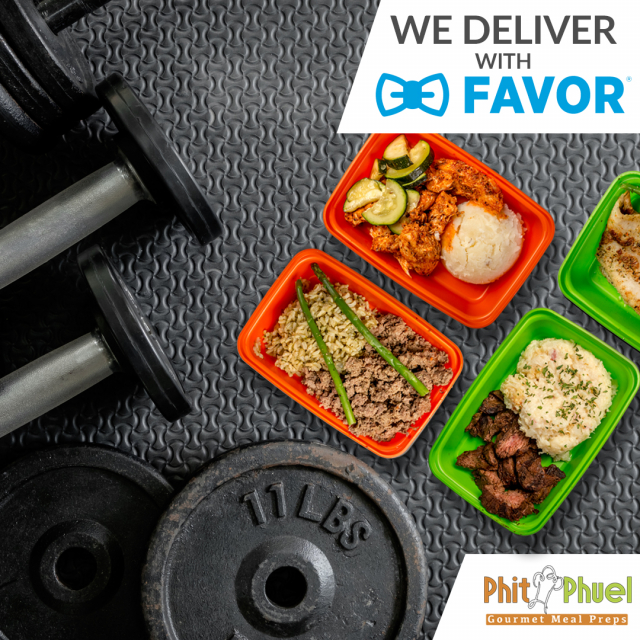


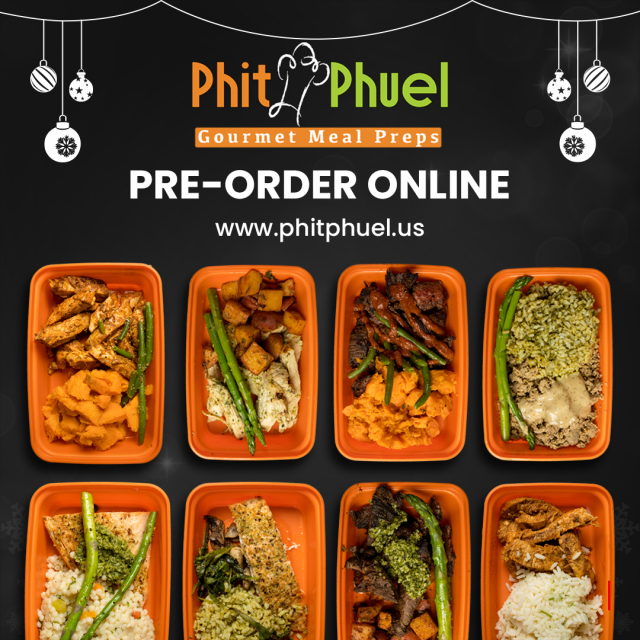
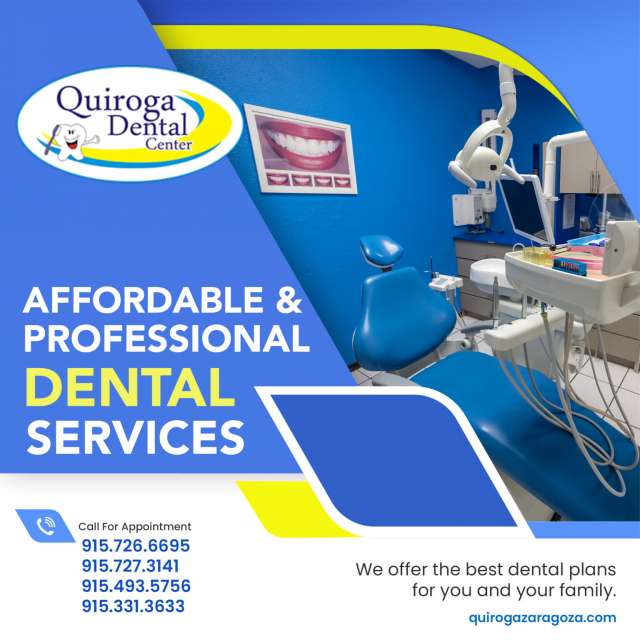
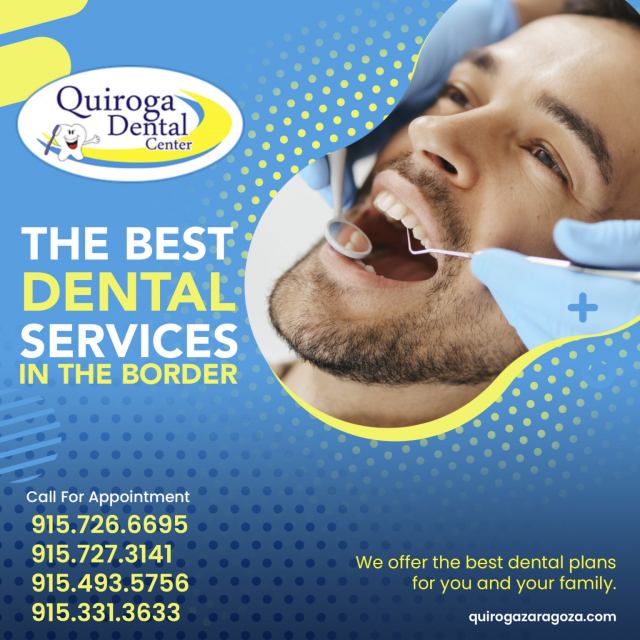



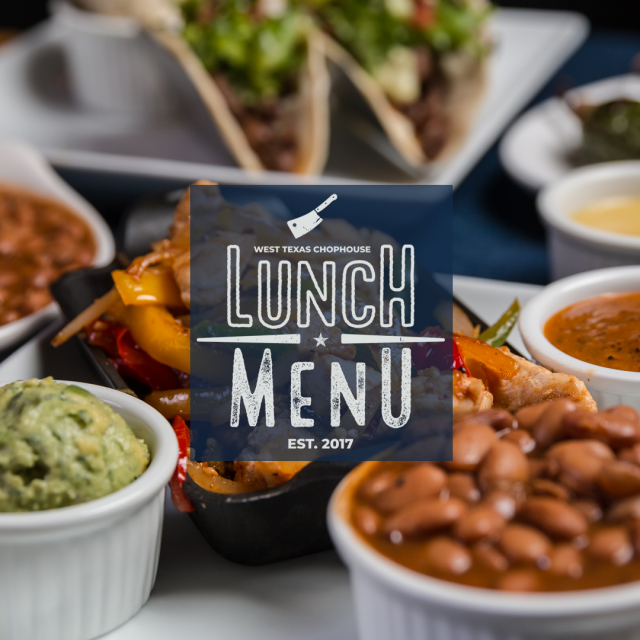

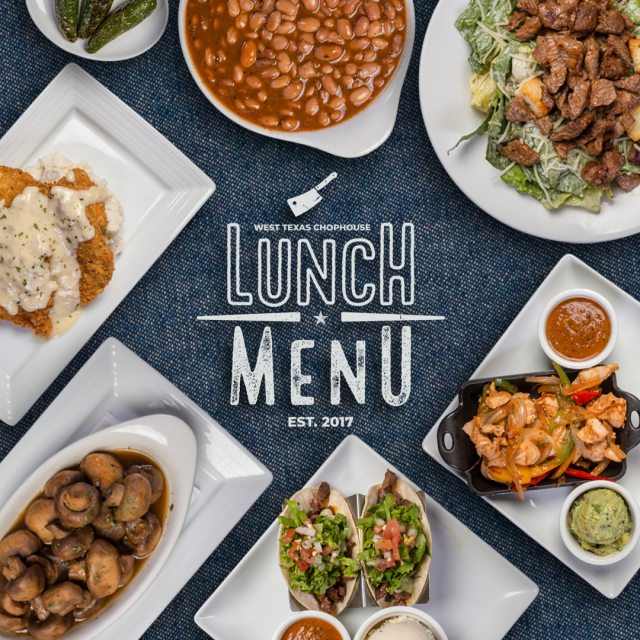

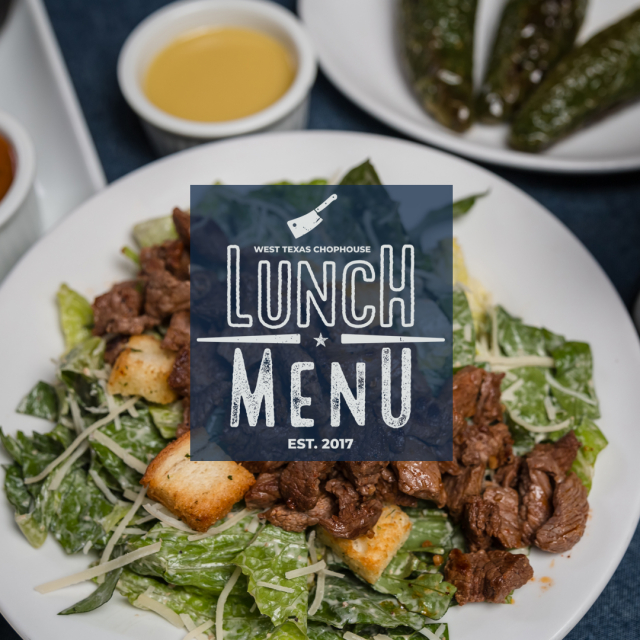






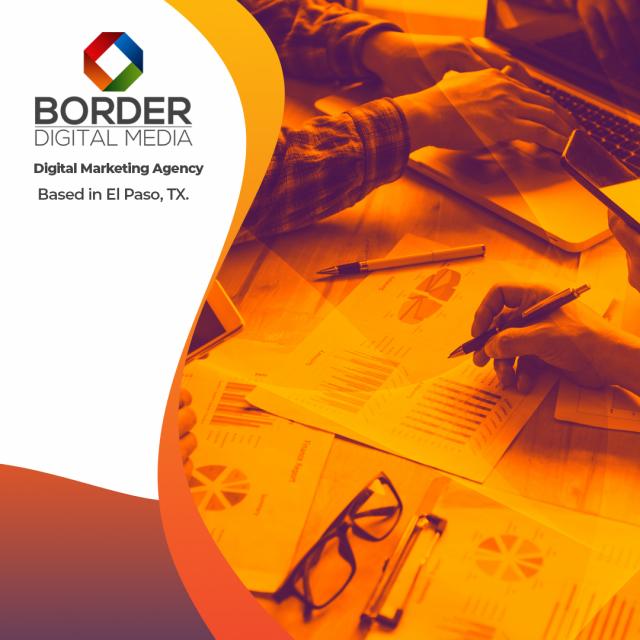

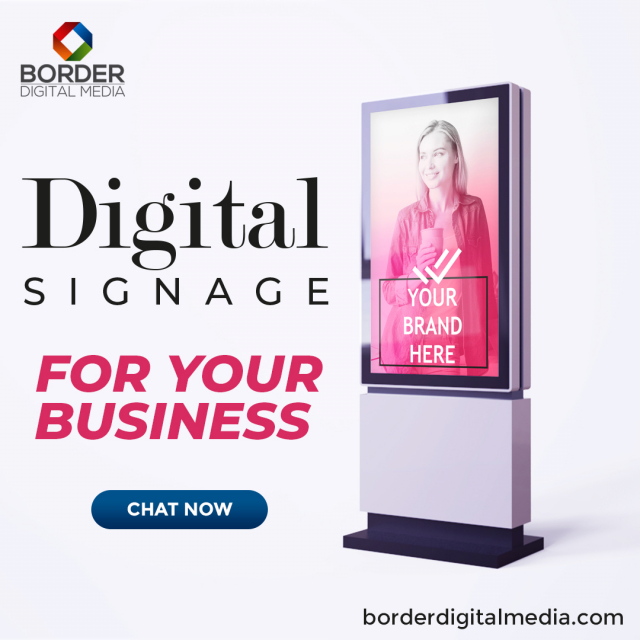

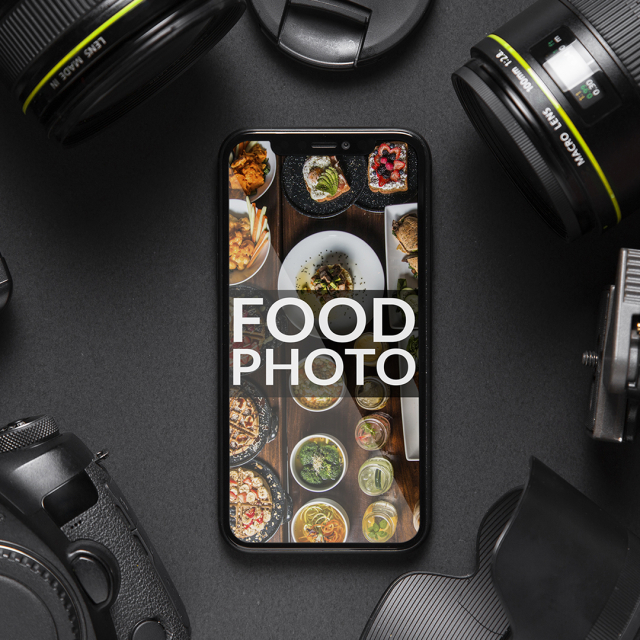
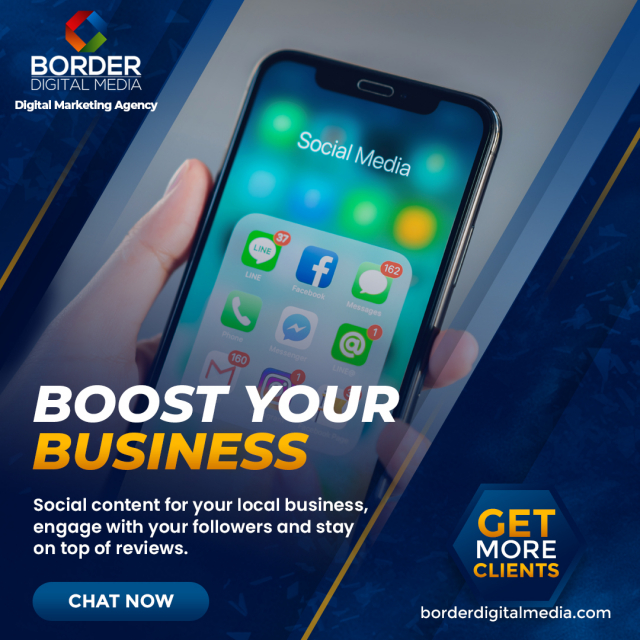
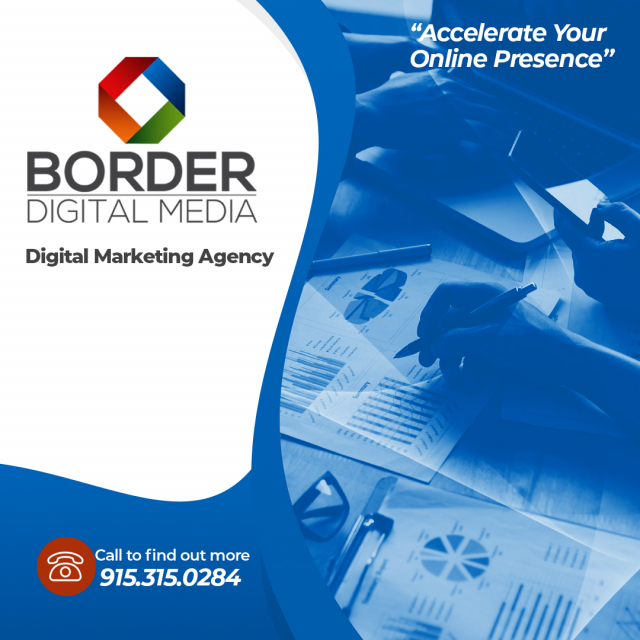

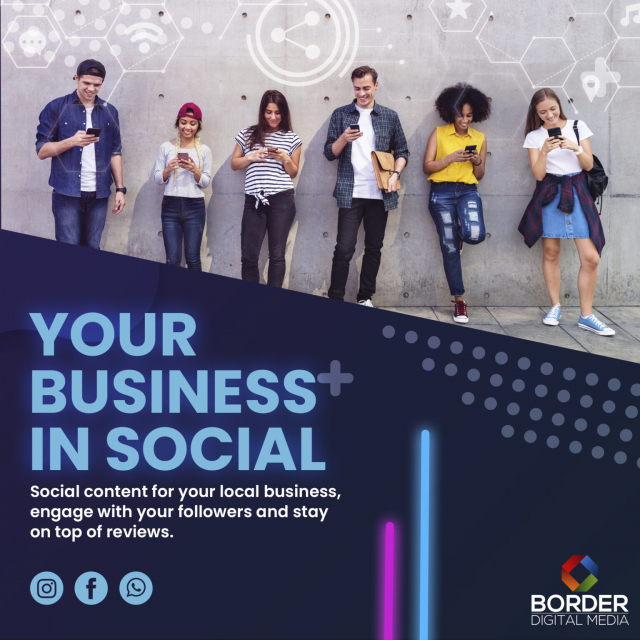

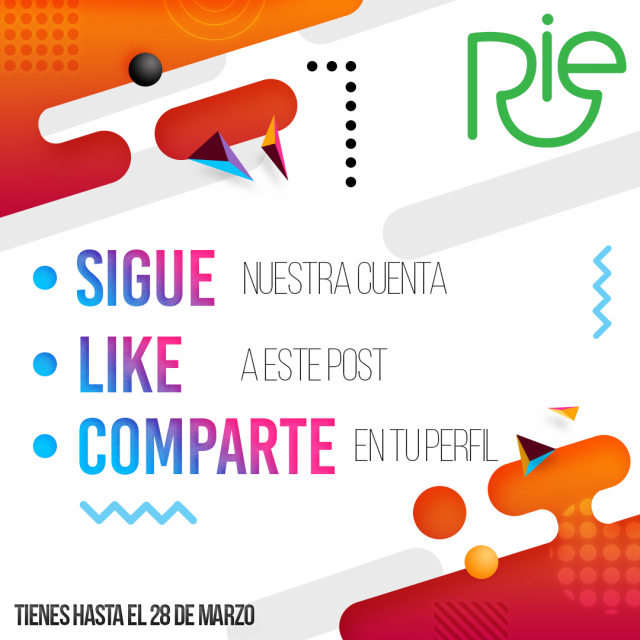




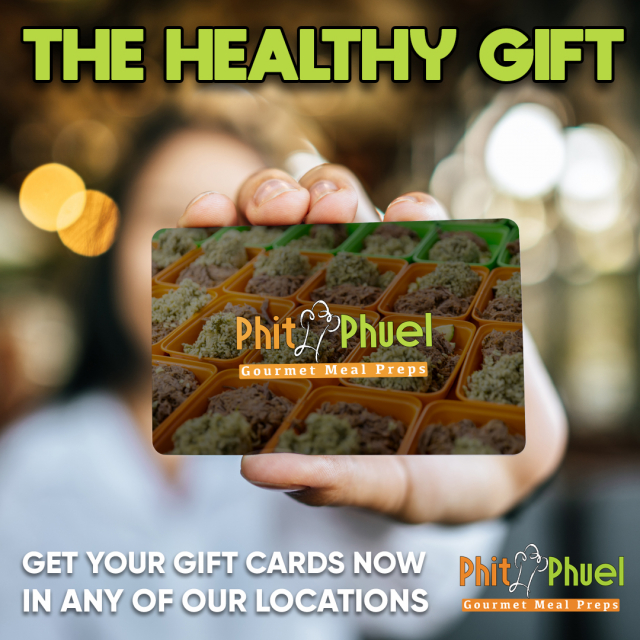


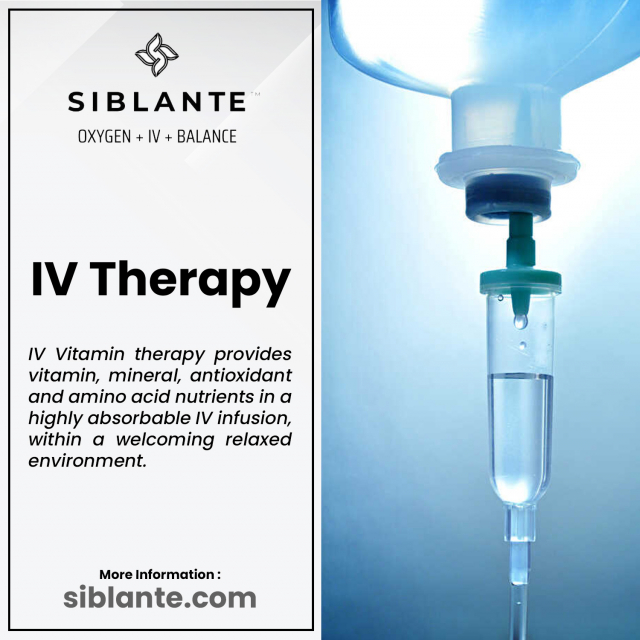
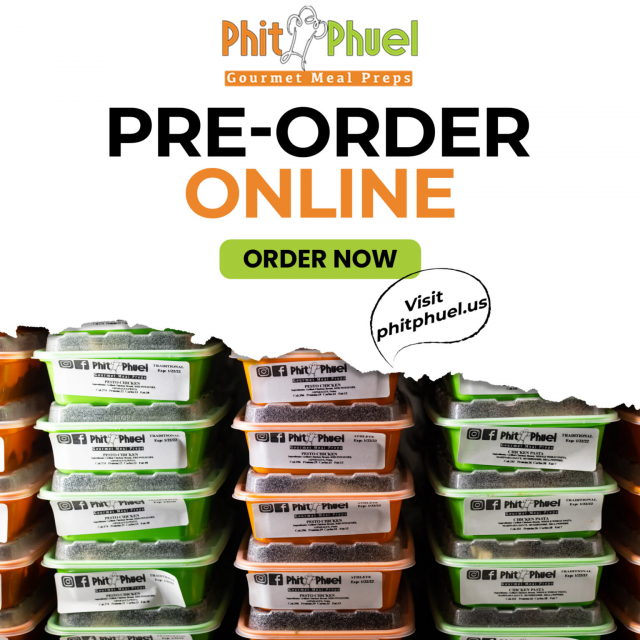


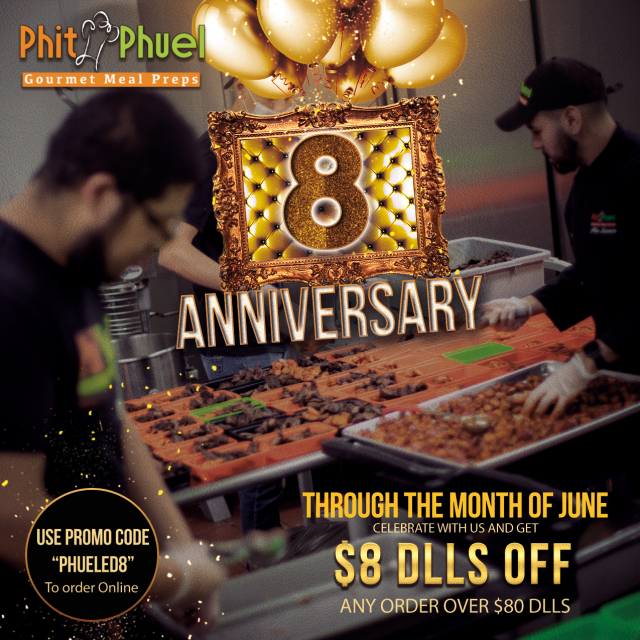

Add a Comment